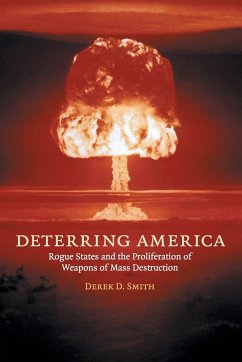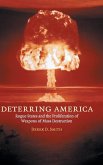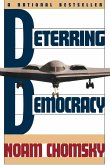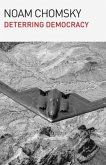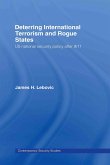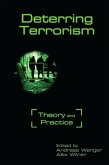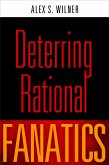Faced with America's military superiority, many countries are turning to weapons of mass destruction (WMD) as a means to deter United States intervention. However, the events of September 11 awakened America to a degree of vulnerability it had never experienced before, making it increasingly unwilling to tolerate such weapons in the hands of unstable and unpredictable regimes. Through theoretical, historical, and prescriptive lenses, this book explores the modern security dilemma created by the twin fears of American encroachment and vulnerability which form a vicious cycle of insecurity that challenges traditional notions of deterrence. Using Iraq and North Korea as case studies, Smith argues that the United States may need to re-evaluate its foreign policy strategies against WMD proliferation, giving renewed attention to defensive measures, negotiated disarmament, interdiction, and perhaps preemption.
Hinweis: Dieser Artikel kann nur an eine deutsche Lieferadresse ausgeliefert werden.
Hinweis: Dieser Artikel kann nur an eine deutsche Lieferadresse ausgeliefert werden.

